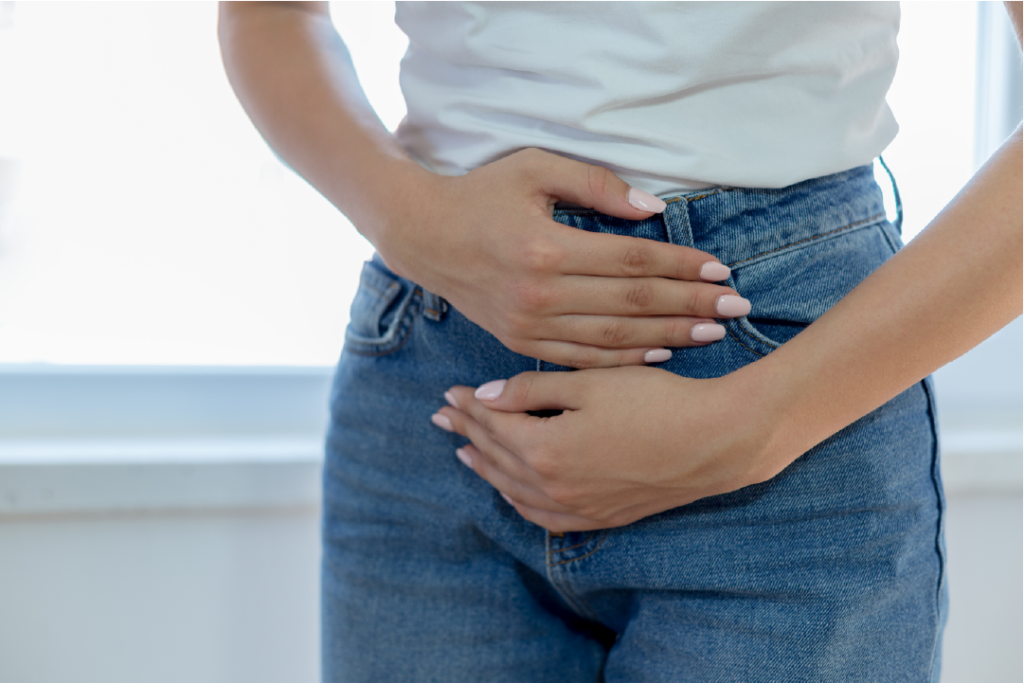Bad Gut Health Worsens PCOS Risks For Young Women
Polycystic ovarian syndrome (PCOS) is a seriously frustrating condition that affects nearly 20 percent of women who want to conceive or experience hormonal challenges during their reproductive years.
Although the root cause of PCOS remains unknown, some experts believe an overproduction of insulin may be a prime suspect. (Up to 40 percent of women with PCOS have also been diagnosed with insulin resistance.)
Too much insulin can increase the production of androgens, leading to acne, irregular ovulation, depression, excessive body hair growth and weight gains.
More evidence is pointing to another telltale sign of PCOS: A gut bacteria imbalance.
An unhealthy imbalance
Scientists established a connection between gut bacteria imbalances and PCOS while examining the health of young girls for a study appearing in the Journal of Clinical Endocrinology and Metabolism.
University of Colorado researchers tracked the gut health of obese and sedentary teens, including 37 patients with PCOS and 21 patients with regular menstrual cycles.
An analysis of fecal samples among teens with PCOS found telltale signs of problems related to imbalances of more bad gut bacteria: Higher levels of testosterone and markers of metabolic syndrome (liver inflammation, the appearance of plasma triglycerides and higher blood pressure numbers)
The good news: Previous research on reducing PCOS symptoms uncovered a simple, healthy solution that can rebalance the gut health of women early in their reproductive years: multi-strain probiotics.
This simple intervention improved issues with depression, lowered testosterone levels and reduced the incidence of extra body hair.
In fact, two of the beneficial bacterial strains used in this previous study from the Bifidobacterium and Lactobacillus families are among the 10 gut-healthy ingredients found in EndoMune Advanced Probiotic.
EndoMune Advanced Probiotic contains 30 BILLION bacterial allies that protect your gut every day, plus a prebiotic (FOS) that keeps the beneficial bacteria in your gut fed and happy.
References
Bad Gut Health Worsens PCOS Risks For Young Women Read More »


